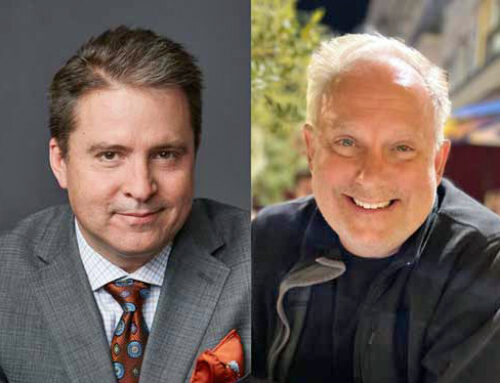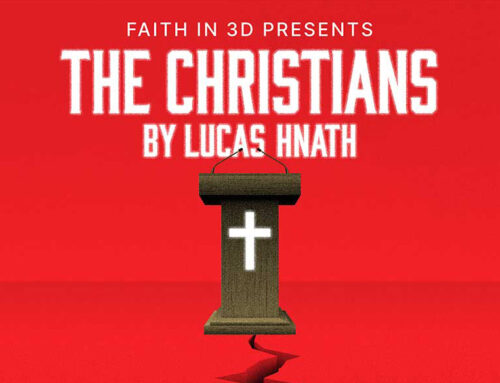Do we truly exempt our leaders from any religious test?
“No religious Test shall ever be required as a Qualification to any Office or public Trust under the United States.” So reads part of Article VI of the Constitution of the United States.
“Any office” includes President of the United States. And yet, we find ourselves in a curious position again in American history with people questioning whether the faith of either candidate for president is Orthodox or orthodox enough to live in the White House.
The nominations of Barack Obama and Mitt Romney uphold the Constitution to the letter. They are on the ballot. They are not disqualified in principle due to the faith they profess. Still, some flout the spirit of the law when they say they cannot vote for someone who holds religious beliefs too divergent from their own.
We have three choices: (1) we can vote only for someone who epitomizes the majority religious views of the country, notwithstanding Article VI; (2) we can vote only for someone whose faith is more civil religion than commitment to a particular religious tradition; or (3) we can accept that the best candidate may be a person of completely different religious convictions from our own but whose vision of America is consistent with ours.
The first settlers in America were Protestant Christians. They dominated the public square for about 300 years. When Al Smith lost the election in 1928 as the first Roman Catholic presidential nominee, many believed he would take orders from the Vatican rather than uphold the Constitution. Catholic John Kennedy had to make clear in 1960 that he held church-state separation inviolable.
Americans say we don’t want a theocracy — a country ruled by leaders of an established religion, even Christianity. But if we continually vote as though we do, our votes speak louder than our words. Scholars can’t find the quotation, but the Protestant reformer Martin Luther is said to have said that he would “rather be ruled by a competent Turk [Muslim] than an incompetent Christian.” Sounds like him.
The second option would be a civil religion that stays away from doctrinal details but requires some faith, thus disqualifying atheists or agnostics from public service. In the days of the Cold War against the specter of godless communism, Dwight D. Eisenhower said: “Our Government makes no sense unless it is founded on a deeply held religious belief — and I don’t care what it is!” But Eisenhower was still living in a time when the range of deeply held religious belief did not extend much beyond conventional Christianity. Those who prefer their candidates to be privately religious without letting their religious convictions intrude on public policy have — rightly or wrongly — adopted Ike’s view. Some might prefer a superficial believer who will bless religion generally but not practice it too particularly.
The third option is a thoroughgoing pluralism that allows for people of any faith or no faith to be elected based on their ability to serve all Americans under the Constitution. The framers of Article VI probably could not have imagined a Mormon president on the basis of those words, but that is the logical extension of them. They did soon elect an un-Orthodox Christian in Thomas Jefferson. We have now elected a confessed Christian in Barack Obama, who is doctrinally Orthodox but reads the Bible through the lens of the oppressed rather than the privileged.
No Mormon, Jew, Muslim or atheist has yet to be elected president. Article VI makes it possible, just as it has every other religious variation of candidate since 1787. Whether we ever will depends in part on the candidate’s perceived private character and public fitness. It depends, too, on whether the public really believes that Article VI of the Constitution, which says that no religious test should be applied, still applies.
That will be truly decided in the sanctity of each voter’s heart and in the privacy of every ballot box.





